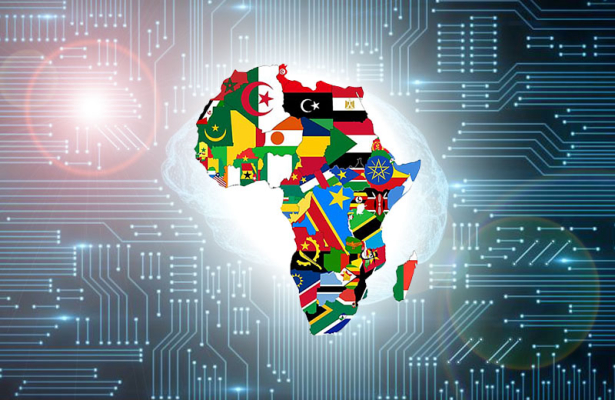It is the new frontier of the web giants who invest billions of dollars to wire the continent. 700 million Sub-Saharan Africans have never used the internet!
Perhaps you will be surprised to know that nearly half of the world’s population has never used the internet. In fact, our habit of using the net is so great that we may not be able to imagine a different way of doing things. Yet these ways of relating to the world and to others are foreign to about 3.7 billion people. Of these, 700 million live in sub-Saharan Africa … more than half of a total of 1.3 billion inhabitants. And it is therefore in Africa that investments and projects are being concentrated by the great giants who embody the magic word, “connection” that could become reality by 2030, provided that investments of approximately 100 billion dollars are put in place.
It’s called Simba the Facebook project whose goal is to wire up the entire continent. Estimated completion 2023/2024. This is the installation of one of the longest submarine cables in the world, 37,000 km, which will connect Europe, the Middle East and 16 African countries. Google instead uses Equiano (named from the former Nigerian slave and abolitionist of the eighteenth century). The plans provide for 5 years of activity and have, even in this case, ambitious objectives: to increase the speed of the internet by 5 times, to reduce the costs of the data connection by up to 21%. Also Microsoft, with its submarine cables along the Atlantic coast and Amazon, with its high-speed broadband satellites, are engaged in huge technological investments in Africa.
It is clear that in a continent where internet distribution accounts for only 11% and where less than half of the population is connected, investments in this sector appear essential. Finance, education, health, information: everything passes through the network. Or rather, the use of the network for these services facilitates the lives of individuals or at least this should be the purpose and there are 5 ways in which universal access to the internet could transform Africa:
- increasing the productivity of crops on a continent where agriculture employs about 65% of the workforce and contributes one-third of GDP
- by encouraging e-government, for example, by automating the collection of tax revenues
- online consultancy such as telemedicine
- high-quality e-learning for schools, universities, cultural centres
- providing financial services in remote areas.
To these could be added the decrease in corruption … requesting documentation or other online services would bypass that obligation of the bribe. Finally, greater connectivity would favour cultural decolonization, more connection and interaction to sites that “speak African”, to newspapers that tell what is happening on the continent from within with their own voice and facilitate a new and very needed narrative about Africa.
Of course, there are also obstacles related to such investments and African governments need to intervene to improve the supply and penetration of electricity where 600 million people in the sub-Saharan area do not have access to power. Another gap is the economy; it should not be forgotten that over 40% of the sub-Saharan population still live below the poverty line, on less than $ 2 a day and buying a device, even a low-end one, is no joke. So, upstream there are macro issues that need to be addressed at the infrastructure, economic and socio-cultural levels. Not only. There are also the questions: Who will benefit from these projects? Will the companies that connect the more than 700 million unconnected Africans ensure net neutrality? Will there be more freedom of expression? Or will African leaders/dictators – and their Western “friends” – continue to censor and use coordinated disinformation to guide citizens to their own advantage and suppress opposition?
Here in Kampala, all in all, in some ways we are not doing badly. In this period, we are benefiting from a 2013 intervention by Google which buried hundreds of kilometres of optical fibre connecting all the telecommunication and cellphone masts for which the internet signal is good and there is a pseudo 4G spread evenly throughout the city. Connection costs start to drop and HCU, as a travelling company thanks to the accuracy of the google map, benefits enormously (in a city where there are still few streets with names and almost non-existent house numbers) when we move to reach the places where we need to perform.
We end with a statement. In Africa, there is a need for concreteness. Above all, young people need it: let’s not forget that over 40% of the population of the sub-Saharan region is under the age of 15 and about 60% has less than 25 years of age.

